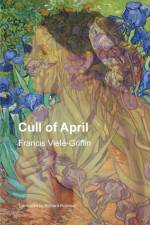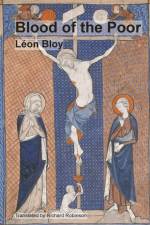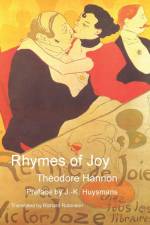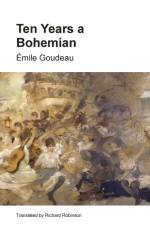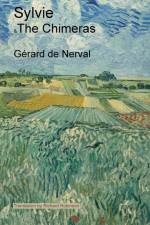von Emile Goudeau
26,00 €
Ten Years a Bohemian (Dix ans de bohème in French), first published in 1888, is the autobiographical account of a young man, Émile Goudeau, who moves to Paris from the French countryside in the mid- to late-1870s, with high ambitions of becoming a poet. Would that it were so easy! Whimsical and endearing, it tells the story of the Bohemian life of not just one young man, but countless other struggling artists in the Belle Epoque period of Paris, many of which artists are now famous (and more not) - a whös who of sculptors, painters, musicians, performers, poets, writers, and comedians, you name it - living, struggling, drinking, laughing, - somehow managing to survive, with stiff upper lips and on shoe-string budgets - in the Latin Quarter and Montmartre.Émile Goudeau, a recognized poet, is best known today as the founder the Hydropaths Club, a wildly-successful literary club in Paris from 1878-1880, and subsequently as the influential editor-in-chief of the Chat Noir journal, eponymous mouthpiece and vehicle for the world-famous cabaret, which he helped found with Rodolphe Salis. Rodolphe Salis, the "gentleman cabaret owner," often gets the credit for the idea of the Chat Noir journal and cabaret - but after one reads this story, one will quickly realize that the true genius behind both of them is probably... Émile Goudeau, poet, editor, journalist, novelist, and finally... shepherd, in Asnières.



